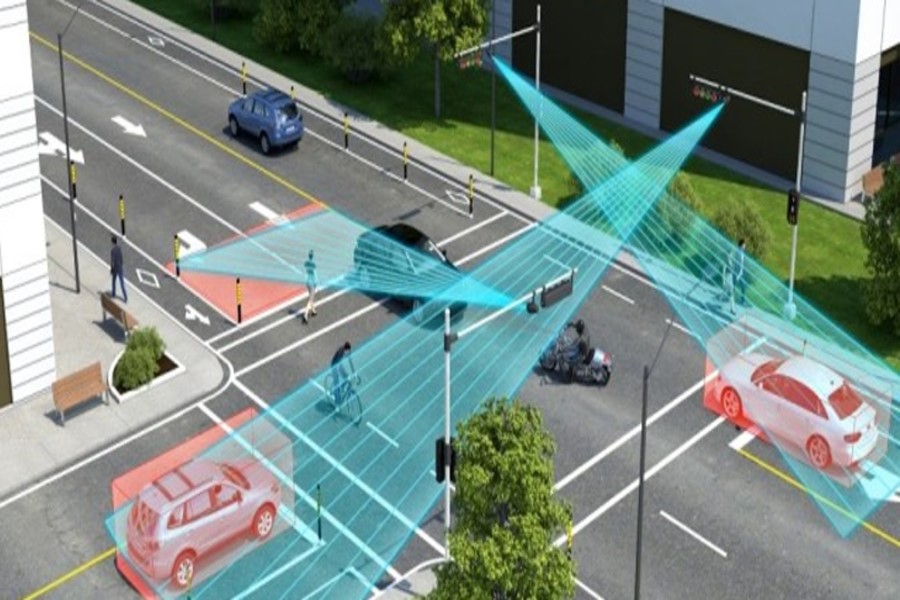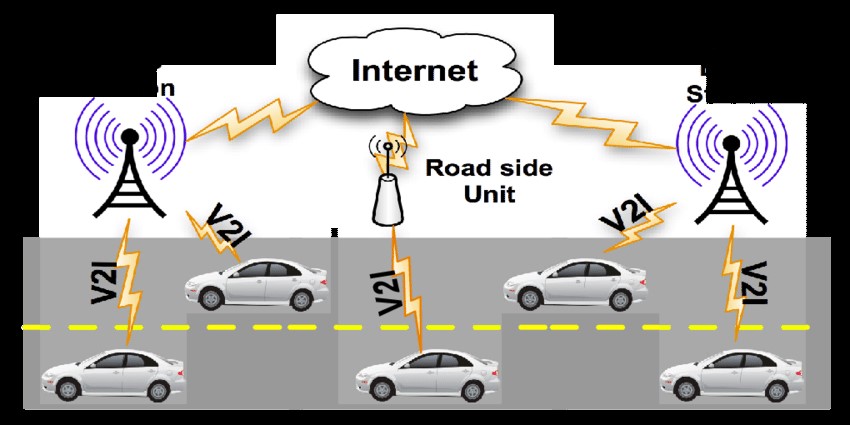Increased Adoption of Electric Vehicles
The demand for electric vehicles is expected to rise as more people become aware of the need to reduce carbon emissions. Advancements in battery technology, range, and charging infrastructure will make electric cars a more practical option for everyday use.
The widespread adoption of electric vehicles (EVs) largely depends on the acceptance of the public. Previous studies pay more attention to the factors affecting EV adoption from the customer perspective but lack the perspective of the interaction between sellers and customers. Based on a survey of 1,014 respondents in China, this work developed a research model analyzing the effect of interaction on the intention to purchase EVs and using experience value (EPV) as the mediating variable. The results showed that the functional experience value (FEV) was positively affected by the environment–customer interaction (ECI). The FEV, emotional experience value (EEV), and social experience value (SEV) were all positively affected by salesman–customer interaction (SCI). In addition, they all had positive impacts on purchasing intention (PI). We further analyzed the differences in the interaction between the different business models. [1]

Figure .1 Increased Adoption of Electric Vehicles
Figure 1 shows the adoption of electric vehicles (EVs) is increasing due to several factors, including concerns about climate change and air pollution, improvements in battery technology, and government incentives for EV purchases.
Here are some reasons why the adoption of EVs is increasing:
- Environmental Concerns: EVs produce zero emissions, making them a more sustainable option than traditional gas-powered vehicles. This is especially important as more people become aware of the impacts of climate change and air pollution
- Advancements in Battery Technology :The range of EVs is improving as battery technology becomes more advanced. This means that EVs can travel further on a single charge, making them more practical for everyday use.
- Lower Operating Costs :EVs have lower operating costs than gas-powered vehicles because they require less maintenance and electricity is often cheaper than gasoline. This makes them an attractive option for people looking to save money on transportation costs.
- Government Incentives: Many governments offer incentives for EV purchases, such as tax credits or rebates. These incentives can help make EVs more affordable for consumers and accelerate their adoption.
- Increased Availability :More car manufacturers are producing EVs, and there are more charging stations available to recharge EVs. This is increasing the availability and accessibility of EVs, making them a more viable option for consumers.
As the adoption of EVs continues to increase, it is likely that we will see more investment in charging infrastructure, advancements in battery technology, and the development of new EV models.
References:
- https://www.frontiersin.org/articles/10.3389/fpsyg.2023.1129752/full
Cite this article:
Janani R (2023), Increased Adoption of Electric Vehicles, AnaTechMaz, pp.122















